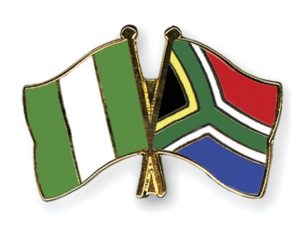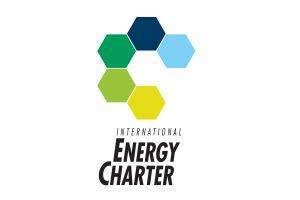South Africa’s Minister of Trade and Industry, Rob Davies, said that Nigeria’s exports to South Africa hit 552.2 billion Naira (R23 billion) in 2016.

According to a statement from the country’s Department of Trade and Industry on Thursday, Mr. Davies said South Africa’s exports to Nigeria slightly declined to about 153.7 billion Naira (R6.4 billion) in 2016.
He said the two countries “continuously traded goods at high capacity and Nigeria maintained the trade surplus of R23 billion (552.2 billion Naira) in 2016”.
According to the Minister, the Department would lead a business delegation on a trade and investment mission to Nigeria and Ghana from March 20 to 25 [2017] to identify and create export markets for South African value-added products and services.
“It will also serve to promote South African products, and service offerings, whilst creating business partnerships between business communities of the respective countries,” he said.

